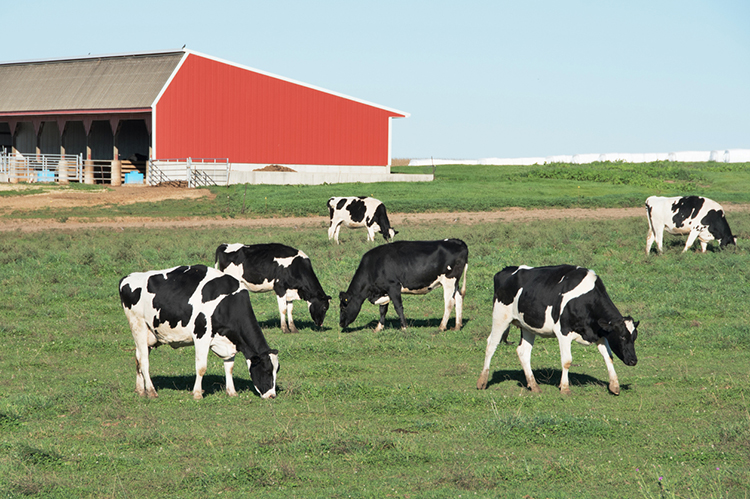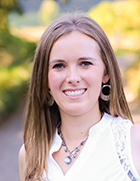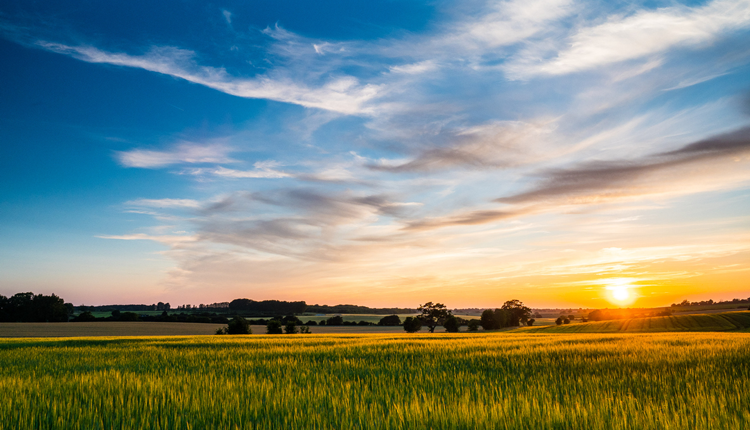
Last week, as the North American International Livestock Expo in Louisville, Ky., finished up, it was easy to admire all the beautiful cows. They represented elite genetics and the hard work of careful breeding. Those animals are truly the reason why many of us enjoy the purebred cow.
If anything is obvious in those showring winners, it’s that all the right genetic pieces fell into place to put them at the top. But whether purebred or not, sometimes I think there is just as much, if not more, to learn from the cows at the bottom of our herd.
We all have them: those cows that just fall short of our expectations. Even with the most thought-out breeding plan, sometimes genes like to remind us that the numbers don’t always equal the cow we were expecting. While disappointing, it’s also a good reality check that we truly can’t play God. Otherwise, we’d all have herds of perfect specimens of ultimate milk makers.
I almost find those blips in the expected superior genetics the most interesting. It gives us areas to focus on improving for the next generation.
Sometimes, it’s even just bad luck that puts some cows on the bottom of our herd. There are those events that can occur throughout her life and have a lasting negative impact — the small case of pneumonia as a calf, the injury as a reckless heifer, the hard calving that offsets an entire lactation. Those events teach us and encourage us to find better management practices, ultimately making us better dairy farmers.
While we all aim for the perfect dairy cow and most certainly should admire and appreciate those cows at the top of the herd, whether for type or milk production, I believe there is also room to “celebrate” those cows at the bottom of our herd for all that they can continue to teach us.

The author is a third-generation dairy farmer from Oregon where she farms in partnership with her husband and parents. As a mother of young sons who round out the family-run operation as micro managers, Darleen blogs about the three generations of her family working together at Guernsey Dairy Mama. Abiqua Acres Mann's Guernsey Dairy is currently home to 90 registered Guernseys and transitioned to a robotic milking system in 2017.








